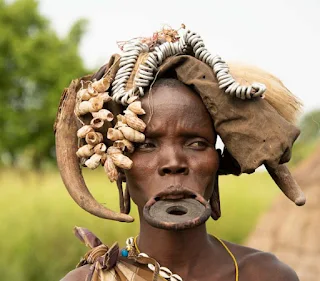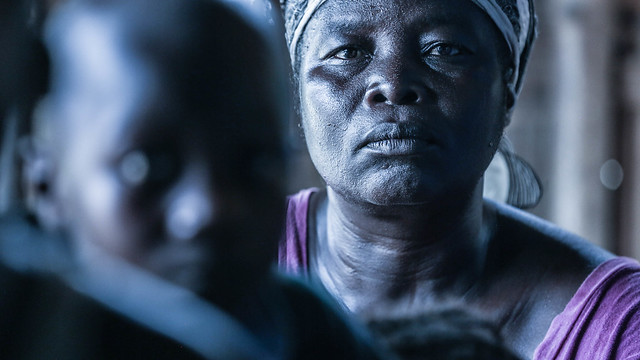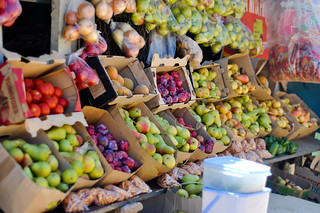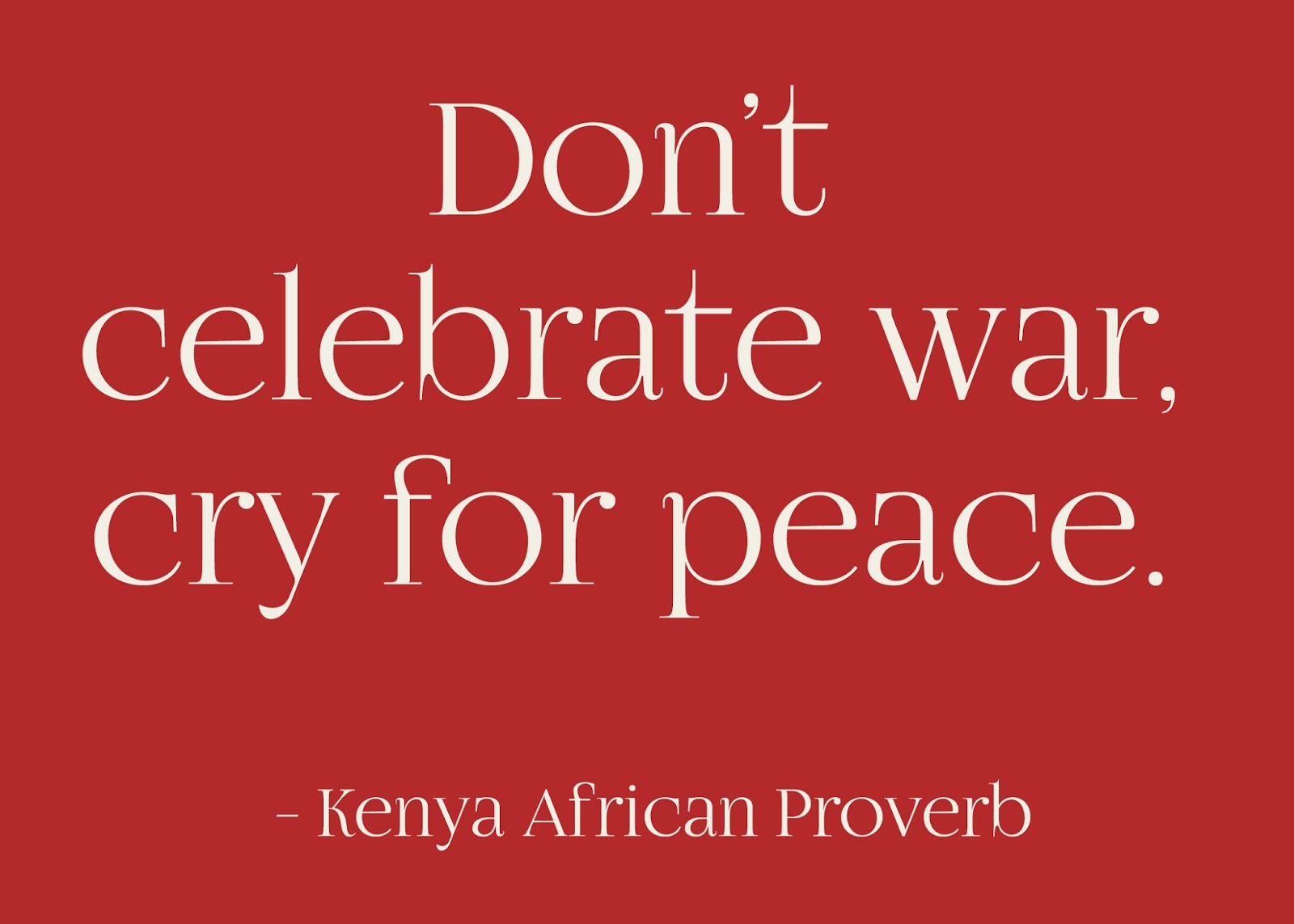Africa lip plate culture explained
Everyone practices the art of lip stretching for many different reasons, such as beauty, rites of passage, and religious beliefs.
 |
Every body is beautiful. |
For deeper cultural context, explore:
What are African lip plate sizes and how are lip plates put in.
Lip stretching is when you gradually stretch out a pierced hole in your lip. There are two major ways to stretch lips, gradually and scalpelling.
Gradually stretch the lips using different sized plug made of clay and wood normally a 1mm increase every four weeks. After the hole heals around the initial cut it is replaced by a slightly larger one and the process repeats its self until the desired size is achieved. Most African lip plates are the size of a small salad plate, 6 inches to a large dessert plate, 8.5 inches.
Scalpelling procedures have a higher risk of infection because of the level of damage to the skin compared to ordinary piercing needles. Scalpelling is performed by using a scalpel to cut a slit into the skin, and flesh is removed. The procedure can cause thin fragile lips.
The tradition of elongating lips has stretched from Africa to America. In the African Surma tribes, the slow and steady method of stretching lips is the method used in America today by body modifiers.
A stretched piercing can shrink back to its original size but this depends on several factors including the length of time taken to stretch and the elasticity of the skin. Everyone practices the art of lip stretching for many different reasons, such as beauty, rites of passage, and religious beliefs.
 |
Everyone unquestionably is beautiful. |
Surma African Tribe Lip Plate.
The Surma Tribes unique beauty and culture may soon vanish because of the Gibe III dam and the El Niño-induced drought. The women of Naregeer village in Ethiopia's Upper Omo Valley are known for their lip plates and intricate scarification patterns on their skin.
Upper Omo Valley variety and profusion of people, tribes, and beauty are without a rival, and her output of beauty and despair is unparalleled in the history of the world.
The Surma Tribes unique beauty and culture may soon vanish because of the Gibe III dam and the El Niño-induced drought. The hydroelectric dam, Gibe III was built on Ethiopia's Lower Omo Valley forcing the tribes from their homelands, traditions, and way of life.
Nyangatom herder’s life is already tough; now with the Gibe III Dam holding back the Omo River’s water for grass for livestock grazing and farming has severely reduced water downstream for tribal communities, spreading hunger in the Omo Valley.
 |
Every person should love his or her body and the way it
looks. |
Globalization is ending African lip plate cultures.
Indigenous African cultures have been disappearing, taking valuable knowledge with them. Each African culture is a unique answer to the question of what it means to be human. In today’s rapidly changing world, people from Africa worry about losing their traditional culture, the traditional way of life is getting lost.
Africa contains about one-quarter of the land of the world. This area is more than three times the size Europe or nearly as much as North and South America's combined. Rich savannas and one-half by fields, forests, cover One-fifth of Africa and fertile soil yet discovered.
Living in one of the most isolated regions of Ethiopia, the Surma Tribes in the beautiful Omo Valley, are one of the most fascinating tribes in Africa but the current era of globalization has a melting pot effect on traditional African lip plate culture is disappearing.
Body modification practices and body adornment such as lip plates and several other types of body modifications may have originated in East Africa where the practice of body modification has been practiced since time immemorial.
Together we build awareness that boost harmony, education, and success, below are more links to articles you will find thought provoking.
- Dangerous Erupting Volcanoes of Africa

- Top 20 Largest Countries in Africa

-
What is an African Proverb

- African Water Spirit Mami Wata

-
Percentage of White people living in Africa


🍲 Love African flavors and stories? Get fresh recipes and articles delivered to your inbox.
✉️ Subscribe to The African Gourmet






























